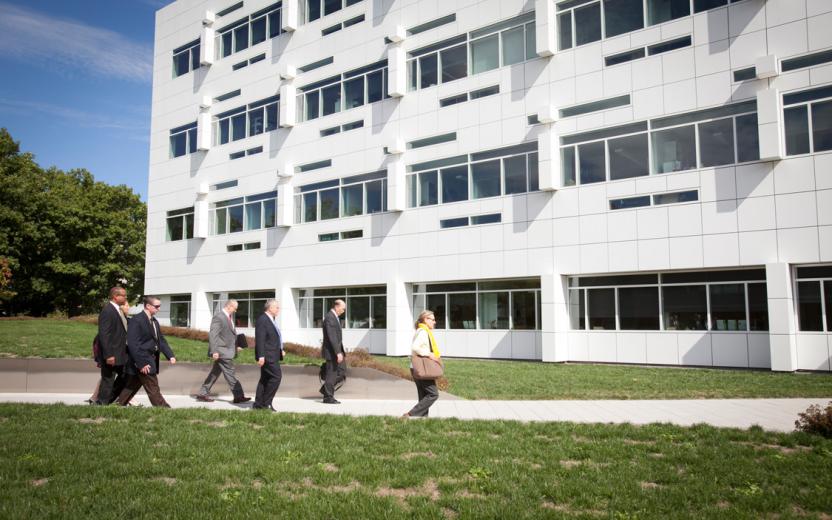Latest News

Beginning October 4, 2023, Cornell’s Center for Advanced Computing and Weill Cornell Medicine Scientific Computing, ITS, and Clinical and Translational Science Center are launching the Fall Scientific Computing Training Series. The Zoom-based training is available for free to all workforce members and students of Cornell University, WCM, WCM-Q, and Cornell Tech. For course descriptions, prerequisites, and Zoom links, visit the Scientific Computing Training Series page.
Upcoming Classes
Introduction to Python
Instructor: Chris Myers
Date: October 4, 2023, 9am-10am EST
This lecture will introduce the Python programming language, the Python software ecosystem, some key concepts in computer programming, and how those concepts are implemented in Python. The Python ecosystem contains a rich set of packages and tools to support research and data analysis in several different application areas; being able to use the Python programming language to customize computing workflows that leverage those tools enhances researcher productivity and capability. The material is intended both for people new to programming or new to Python who want to get started, and for more experienced Python programmers who would like to get a different perspective on how Python supports a variety of programming tasks. Register via the Scientific Computing Training Series page.
JupyterLab (in the Cloud) for Python
Instructor: Christopher Cameron
Date: October 18, 2023, 9am-10am EST
Jupyter is the most common Python interface used by researchers. Cloud computing providers, like Amazon and Google, offer their own Jupyter-alike interfaces. This lecture provides an overview of the JupyterLab interface and cloud-based derivatives. It is designed to familiarize new users with common Jupyter-like interfaces, features and best practices. Register via the Scientific Computing Training Series page.
Scientific Computing with Python (with hands-on)
Instructor: Chris Myers
Date: November 1, 2023, 9am-10am EST
This lecture will provide an overview of select core components of the Python software ecosystem for scientific computing and data science, with a particular focus on numpy, scipy, pandas, and matplotlib. The lecture will include both descriptions of the overall design and structure of those packages and their key components, and numerous code examples that demonstrate some of the important functionality. Opportunities for live, hands-on exercises using these packages will be integrated throughout the lecture, all as part of a Jupyter notebook that will include both the lecture content and the hands-on exercises. The Python ecosystem for scientific computing and data science ecosystem enables researchers to use proven and widely-used tools that are easily customized for specific problems using the Python programming language. Register via the Scientific Computing Training Series page.
Getting Started with R
Instructor: Christopher Cameron
Date: November 15, 2023, 9am-10am EST
RStudio is a common R interface used by researchers. This overview is designed to familiarize new users with the interface, features and best practices so they are ready to delve into conducting their own analyses. New content includes an overview of Quarto — an evolution of Rmarkdown — for documenting and sharing data analysis and research. Register via the Scientific Computing Training Series page.
Data Analysis with R
Instructor: Christopher Cameron
Date: November 29, 2023, 9am-10am EST
This lecture presents several examples of data analysis and visualization in R. It will demonstrate a variety of analyses intended to help researchers determine if learning R is a good investment for their research, including new data analysis examples drawn from the WCM community. Register via the Scientific Computing Training Series page.


Comments?
To share feedback about this page or request support, log in with your NetID